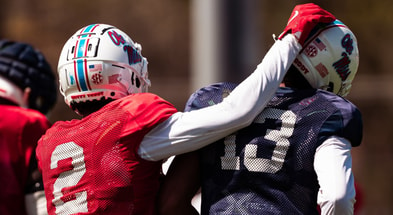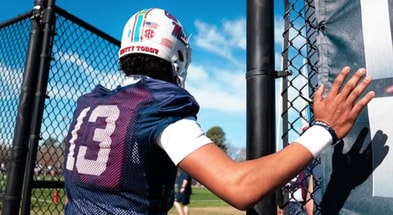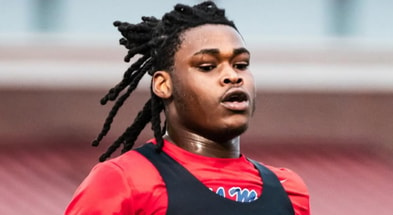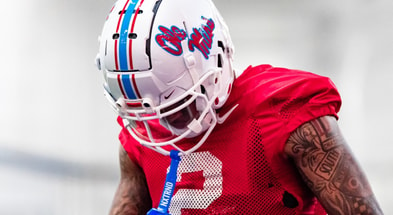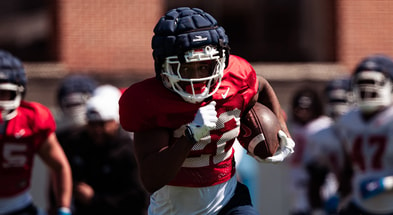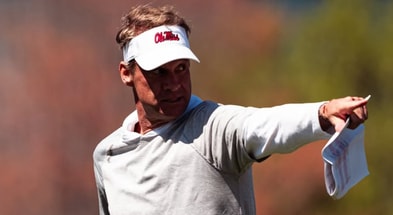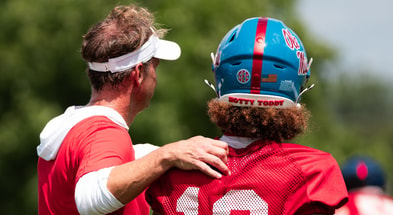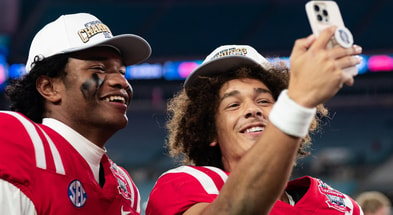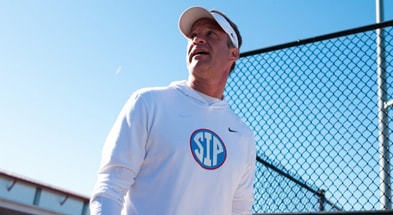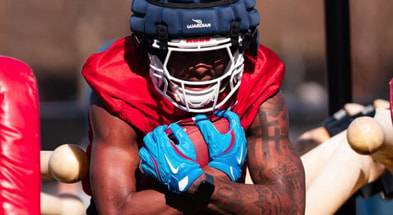'I don't like it': Lane Kiffin and his up-tempo Ole Miss offense are not fans of the new clock rules

Every year college football experiences a round of changes to the rules that are an attempt to help speed up the game and its average time of play. Ole Miss head coach Lane Kiffin is already not a fan of some of this year’s rule changes and the Rebels have yet to play a game.
One new rule affects the game clock and that it will continue to run after a team converts a first down. Previously it would stop until the ref spots the ball and gives the signal to run the clock. This worked for high-tempo offenses like the one Kiffin has at Ole Miss. Teams could get a first down and then be able to utilize every second possible.
The NCAA Playing Rules Oversight Committee approved the change along with a handful of other rules changes in April. This new new first down – clock rule change will be utilized in every division of college football except for Division III.
One thing that was not altered, though, is the clock will continue to stop inside the final two minutes of each half. That still helps a two-minute offense like the one Ole Miss utilizes but Kiffin is still not the new rule’s biggest fan.
“I don’t like it. I like change when it’s needed,” Kiffin said during his weekly press conference on Monday. “I’m sure most offensive guys don’t like it, most defensive guys do. There was a glaring difference. Only so many games were played this weekend but 1.6 or 1.7 possessions different from last year, which is a lot. That will be a big difference. I don’t like it. I think the game was very exciting, college football is very exciting. Fans love it, people love it, so I don’t think this change was needed at all.”
It makes sense for an offensive-minded coach to not be thrilled his team will now lose important seconds off the clock after big plays that require players to run lengthier distances down field.
Top 10
- 1New
Kirby Smart
Calls out tampering
- 2
Morez Johnson
Illinois forward transfers to Michigan
- 3
Buzz Williams
Maryland hires Texas A&M head coach
- 4
Tre Donaldson
Michigan guard enters portal
- 5Hot
Pat McAfee
Ole Miss student to sue ESPN
Get the On3 Top 10 to your inbox every morning
By clicking "Subscribe to Newsletter", I agree to On3's Privacy Notice, Terms, and use of my personal information described therein.
The fourth-year Ole Miss head coach also took notice to another rule change that plays into the hands of opposing defenses.
Beyond the new clock rule Kiffin went on to mention other rules changes that have been over recent years and, in his mind, which side of the ball is benefiting from those changes.
In a pass-heavy offense such as the one Ole Miss utilizes more times than not when Quinshon Judkins is not gouging defenses on the ground, the pass interference rule is one that does favor the receivers, according to Kiffin.
“Every rule change in the last few years, if you haven’t noticed, has been defense-oriented,” Kiffin added. “They even changed what pass interference is on defense now. They don’t have to look at the ball and if they run into us its not pass interference, so I wonder who’s on that committee.”
College football is taking a big swing at trying to speed up the games. According to current NCAA statistics a game is averaging 3 hours and 22 minutes. That is an increase of four minutes over the last five seasons.




